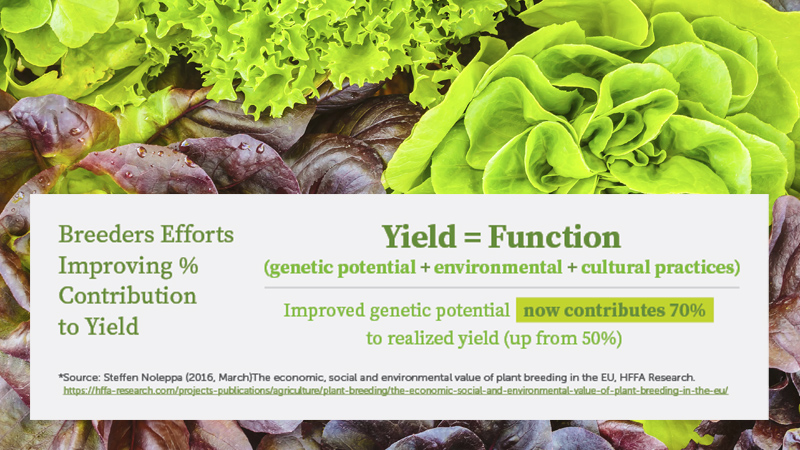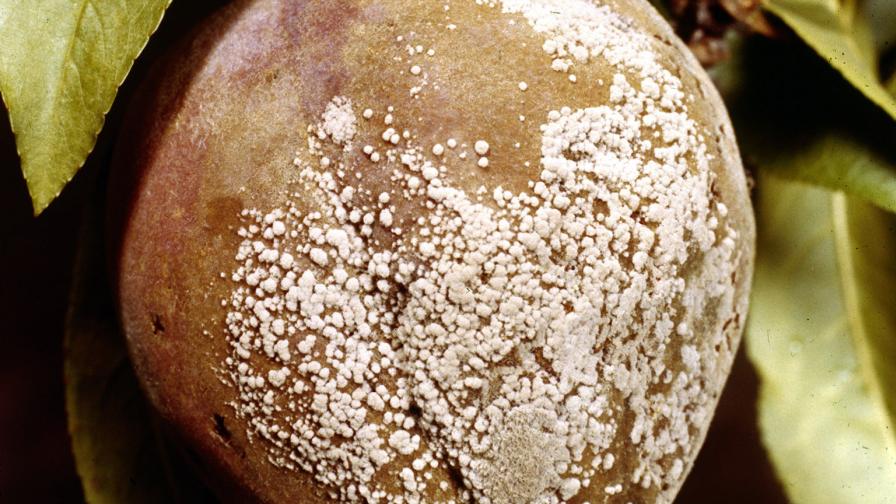Greenhouse Vegetables Break Into Surprising New Markets

You probably recognize Kikkoman as the brand name on the soy sauce you use in Chinese restaurants and perhaps at home. In fact, this company makes quite a few products, including food seasonings, sake, mirin (like rice wine), juices and other beverages, and pharmaceuticals. and it also provides restaurant services. In addition to Japan, the operation’s headquarters, it also has plants in the U.S., the Netherlands, Singapore, Taiwan, and China.

Rick Snyder
Kikkoman has been Japan’s largest soy sauce maker, and their soy sauce is the most popular brand in Japan as well as in the U.S. Well, now they will be getting into the greenhouse tomato business. Like most large corporations, to quickly diversify into a new line of business, they are buying their way in rather than start-ing from scratch.
The company has purchased 49% of Kazusa Tomato Garden, a company that already grows tomatoes in a greenhouse “factory” in Kimitsu. The operation will start with 35,000 square feet under production that comes with the purchase price of about $50,000, and then the plan is to build another 71,000 square feet of greenhouse in the first expansion next spring.
All of the company’s tomatoes will go directly to the restaurant and food service industries. They will not be sold by other marketing channels. If this first trial into their greenhouse tomato venture pans out, they plan on ramping up from sales of $8 million in 2014 to $50 million in 2020. Can I get some soy sauce with that?
From Computers To Lettuce
In another interesting development in Japan, Fujitsu, the well-known Japanese computer and electronics company, is diversifying into greenhouse lettuce production. Fujitsu is a $50 billion manufacturer of computers, mobile phones, electronic components, and all kinds of related hardware.
They have converted one of their old semiconductor factories into a “lettuce factory” of sorts. This is not just regular lettuce, but lettuce with a twist. The objective of this venture is to grow low-potassium lettuce for a special market of people who have chronic liver problems, which is an estimated 13 million people. Potassium, which is known to aggravate liver problems, will be 86% lower in this lettuce, dropping from the usual 490 grams down to only 69 grams per 100 gram serving. And no, this is not being accomplished with GMOs.
Tomatoes And Hero Burgers
You know how the tomatoes that you get in fast-food restaurants almost always seem like an afterthought rather than a carefully selected part of the food preparation? In other words, although they look sort of like tomatoes, the taste is not even remotely like tomatoes. This is because fast-food tomatoes are commodities, and chains often buy the cheapest products they can find.
Well apparently, the Canadians have figured out a way to fix that problem. The burger chain, Hero Certified Burgers, in addition to using free-range, grass-fed, hormone and antibiotic-free, 100% Angus beef, is now using greenhouse tomatoes on their burgers. By working with the Ontario Greenhouse Vegetable Growers Association, they have arranged to upgrade their food quality even further. Hero Burgers are in 49 locations throughout Ontario, mostly in a large circle around the provincial capital, Toronto. If they were to venture south into the U.S., I might just try fast-food burgers again.
Click on the following page to read about the Greenhouse Tomato Short Course
Greenhouse Tomato Short Course
It is time to make plans to attend the 24th annual Greenhouse Tomato Short Course, which will be held March 4-5 at the Eagle Ridge Conference Center in Raymond, Mississippi.

Greenhouse Tomato Short Course
Special topics this year will be components of the greenhouse system, greenhouse design and engineering, alternative heating options, marketing, budgets for greenhouse growers, updates on the latest research, plant nutrition, alternative crops, and water sanitation. In addition, there will be a pest management workshop, which will include physiological disorders, diagnosing plant problems, plant disease identification and control, and pest management.
For more information and to register, go to http://greenhousetomatosc.com.










